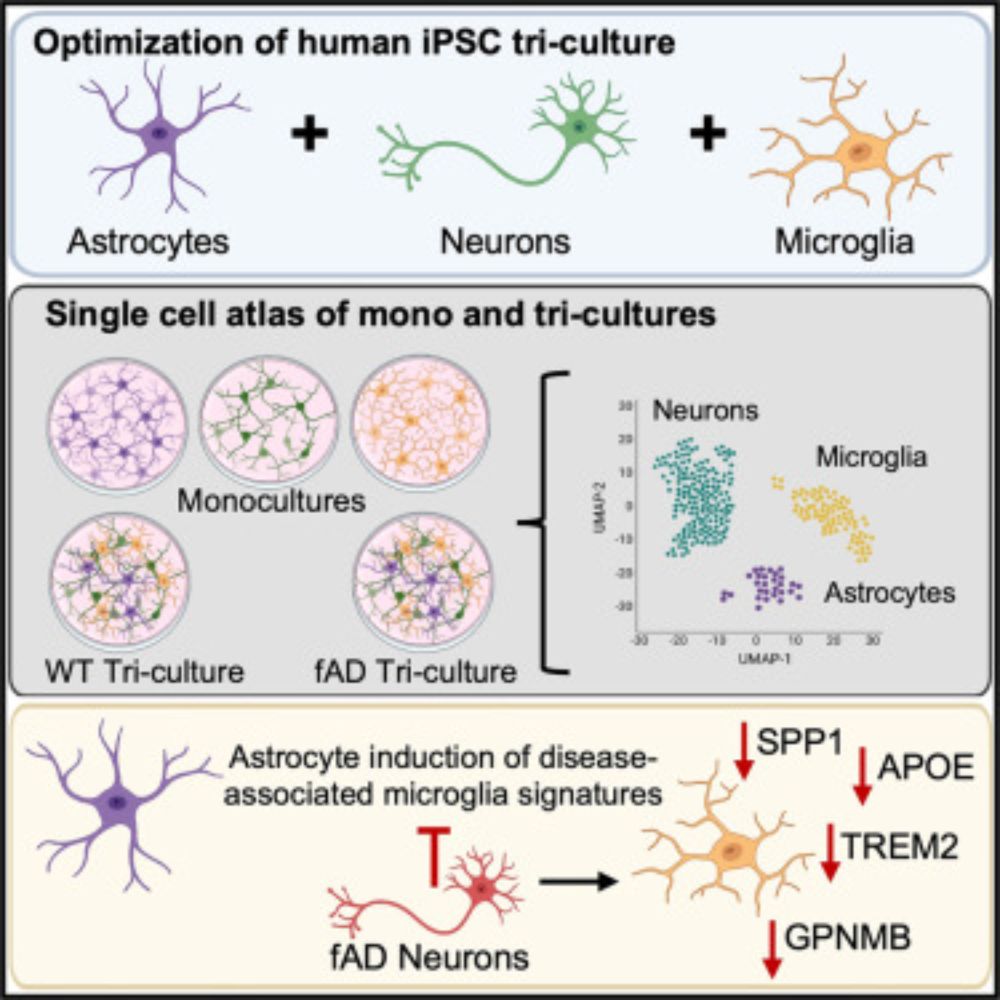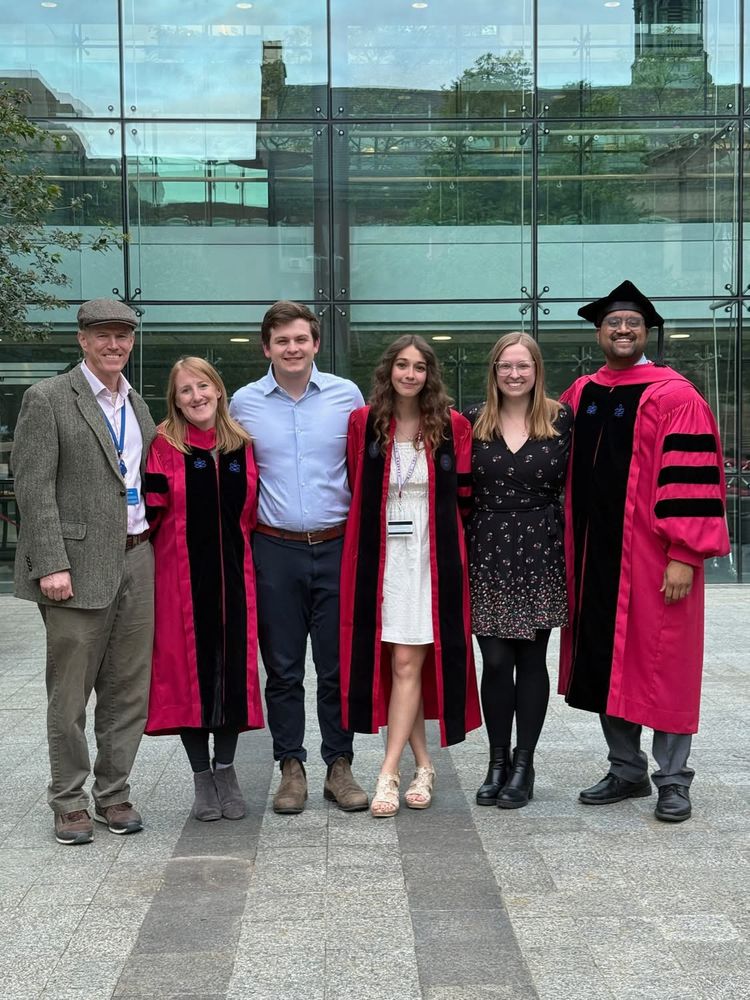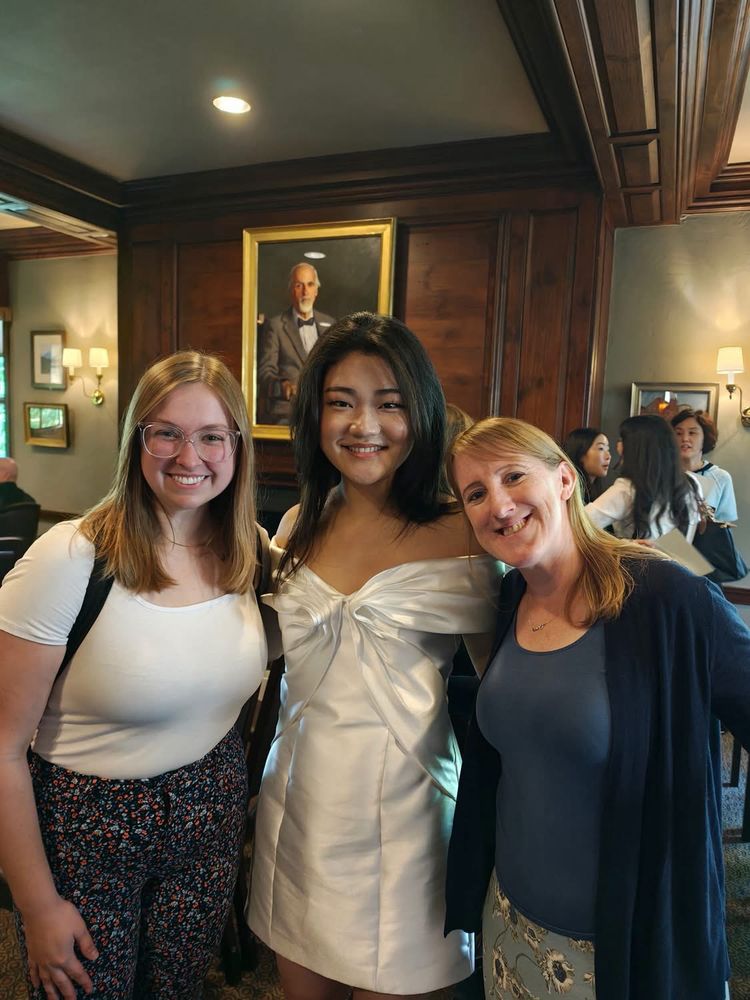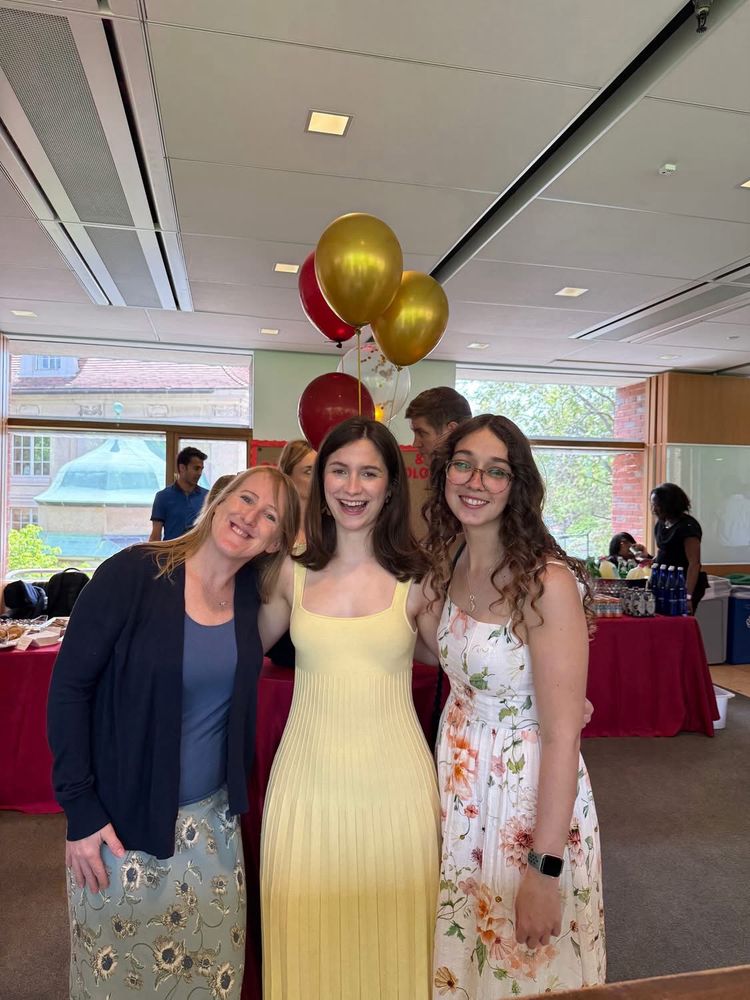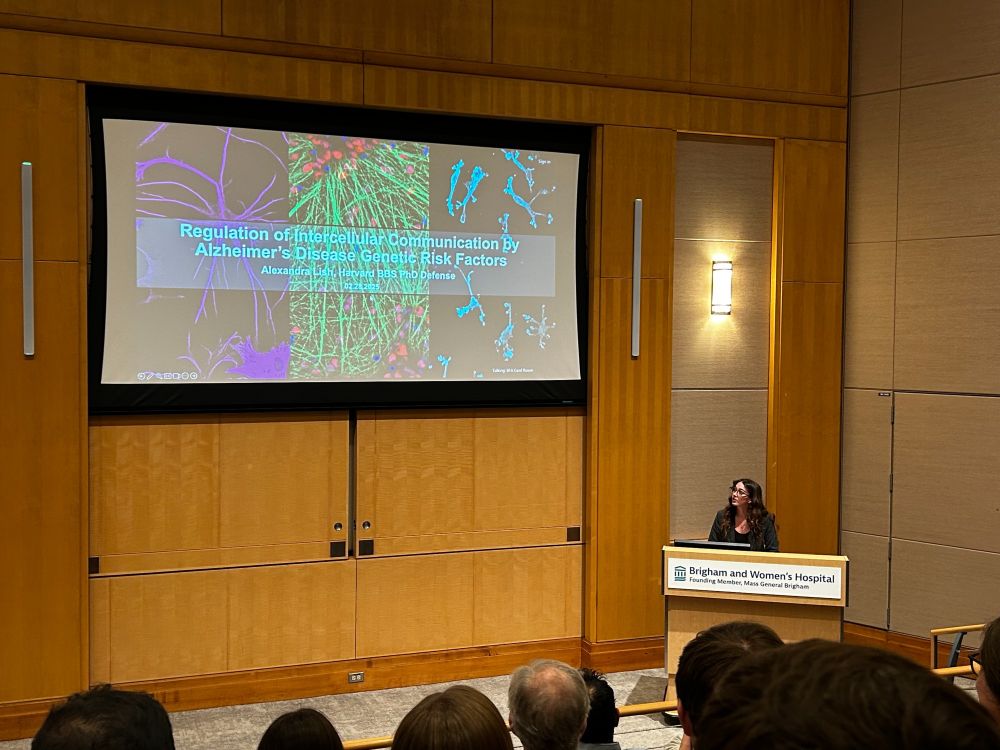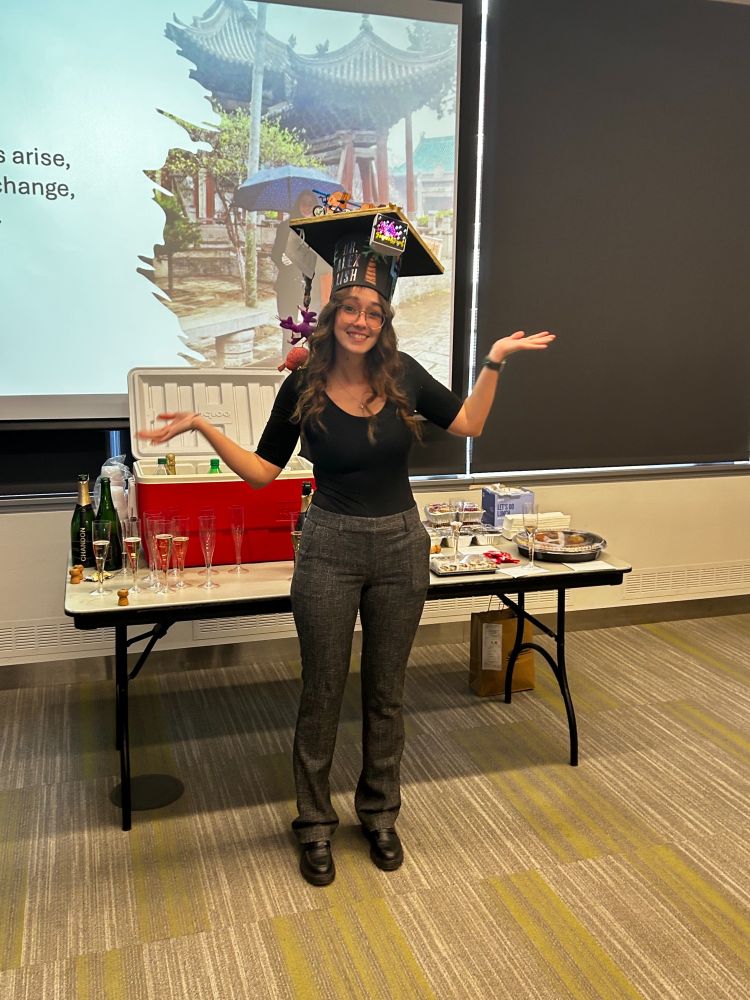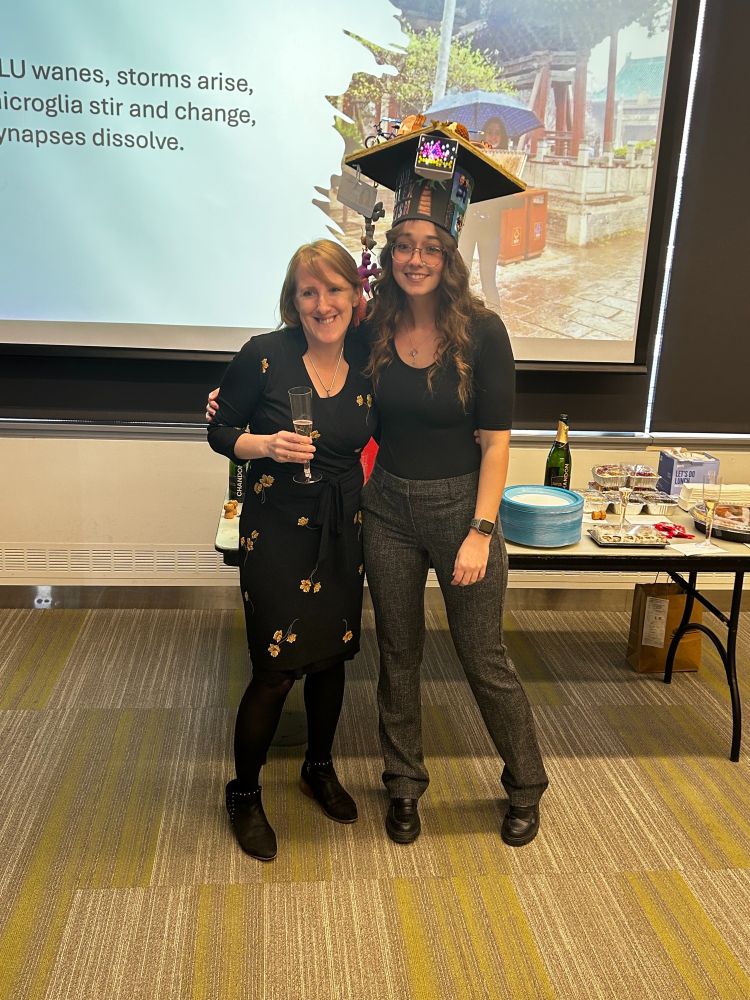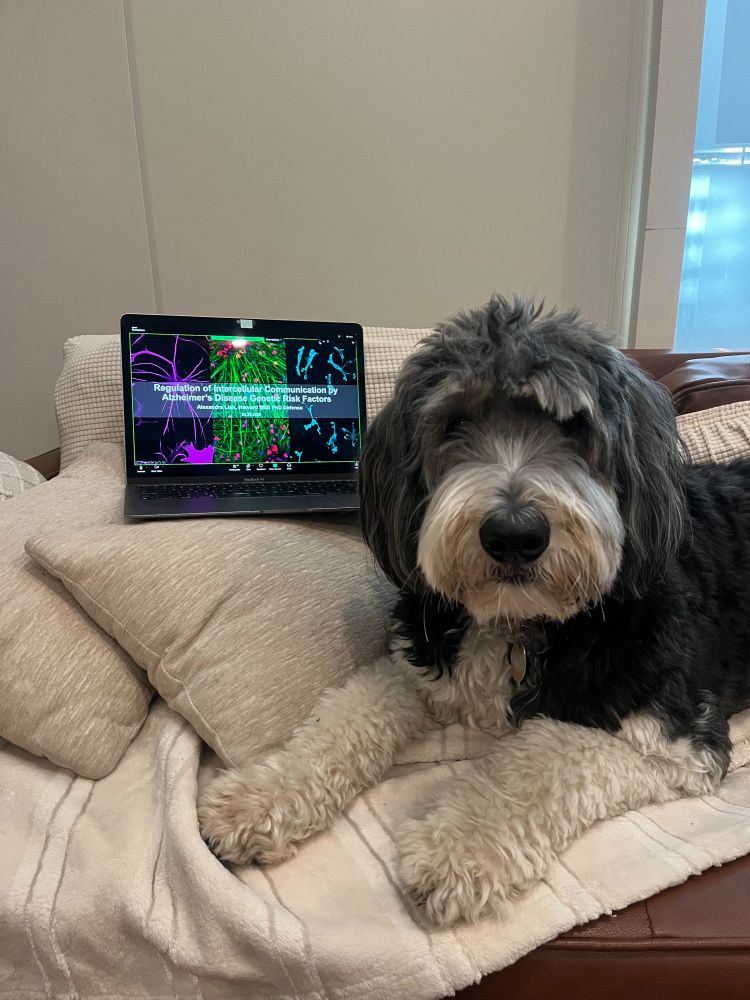@alexlish.bsky.social
65 followers
96 following
2 posts
Ph.D. Student Harvard BBS | Young-Pearse Lab | iPSCs and Alzheimer’s Disease | Glia Biology and Neuroimmune interactions
Posts
Media
Videos
Starter Packs
Reposted
Reposted
Selina Wray
@selinawray.bsky.social
· Jul 29
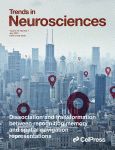
Reconstructing Alzheimer’s disease one cell type at a time using in vitro tricultures
In a recent study, Lish and colleagues used a fully human-based, induced pluripotent stem cell (iPSC)-derived triculture model of neurons, astrocytes,…
www.sciencedirect.com
Reposted
Young-Pearse Lab
@typlab.bsky.social
· Jul 31
Selina Wray
@selinawray.bsky.social
· Jul 29

Reconstructing Alzheimer’s disease one cell type at a time using in vitro tricultures
In a recent study, Lish and colleagues used a fully human-based, induced pluripotent stem cell (iPSC)-derived triculture model of neurons, astrocytes,…
www.sciencedirect.com
Reposted
Reposted
Young-Pearse Lab
@typlab.bsky.social
· Apr 30
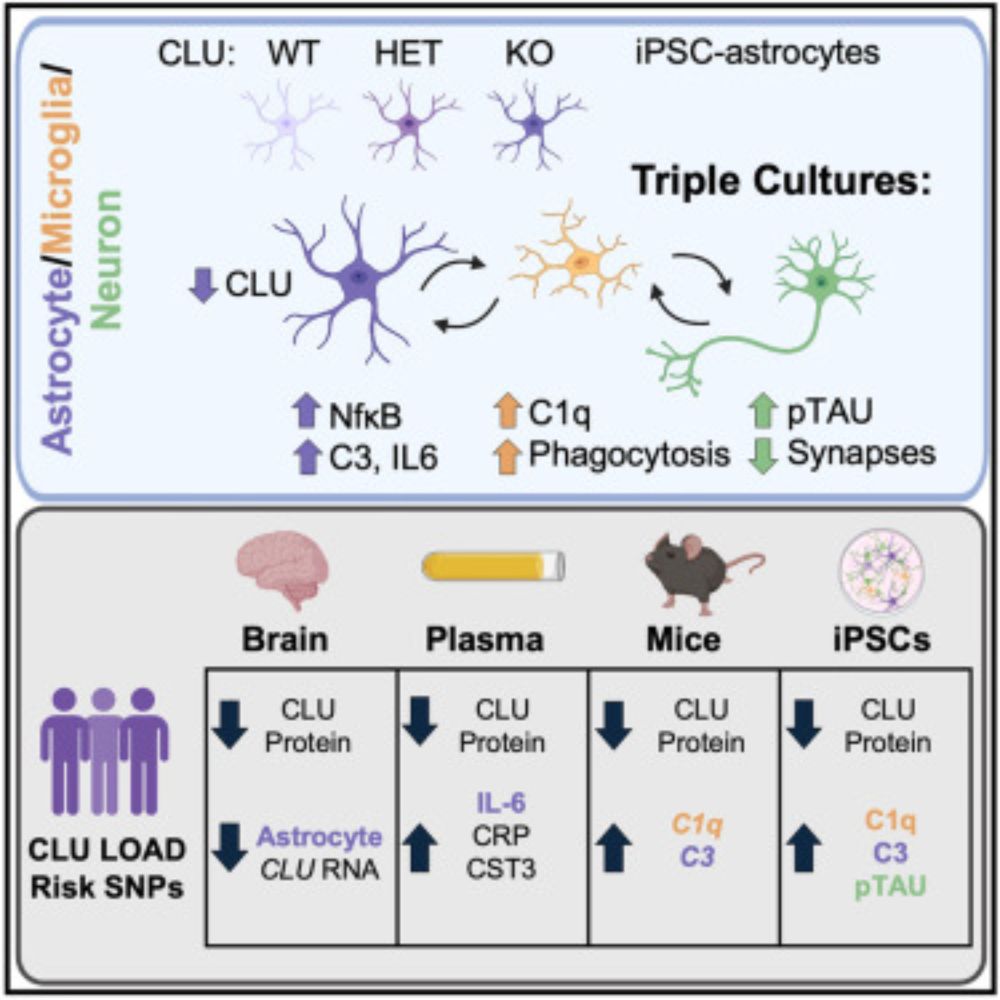
CLU alleviates Alzheimer’s disease-relevant processes by modulating astrocyte reactivity and microglia-dependent synaptic density
Lish et al. reveal that AD-protective CLU alleles enhance CLU upregulation in response
to accumulated neuropathology, thereby dampening inflammatory signaling between microglia
and astrocytes. Using s...
www.cell.com
Reposted
Reposted
Young-Pearse Lab
@typlab.bsky.social
· Feb 4
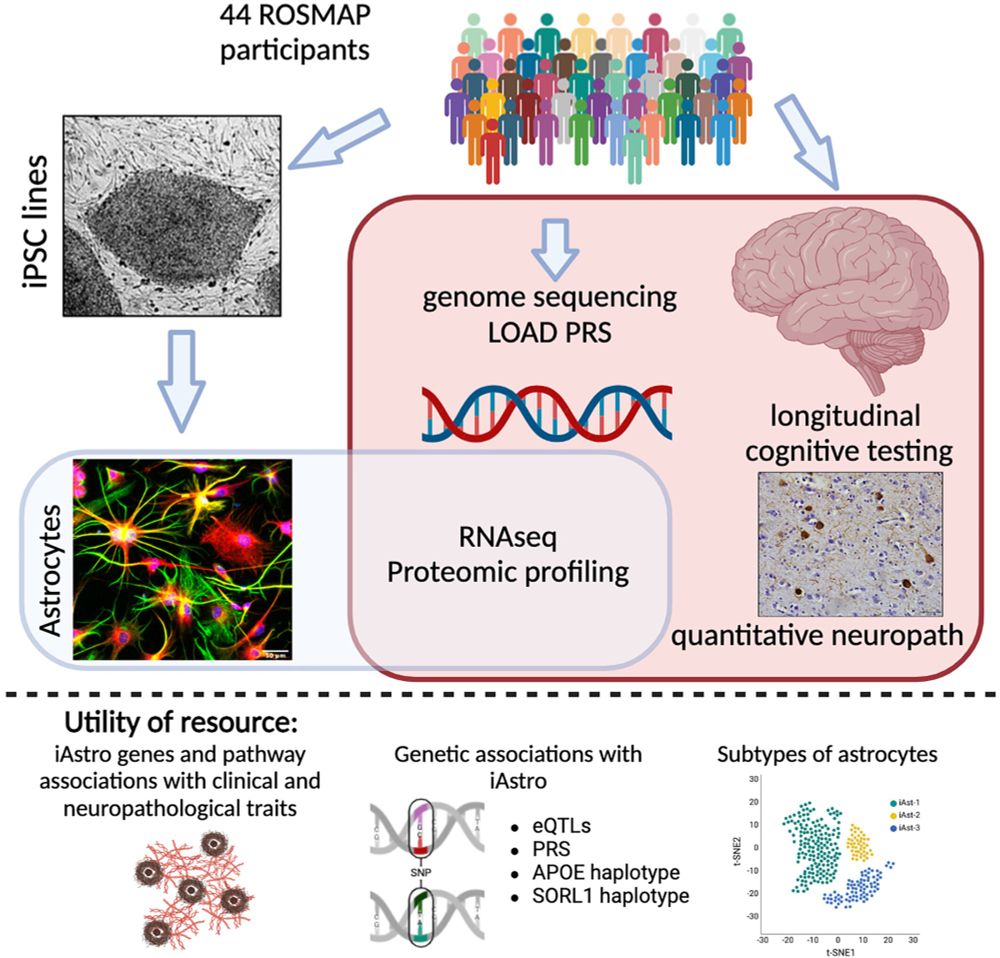
Contributions of Genetic Variation in Astrocytes to Cell and Molecular Mechanisms of Risk and Resilience to Late‐Onset Alzheimer's Disease
Generation and characterization of induced pluripotent stem cell (iPSC)-derived astrocytes from 44 aged humans reveals congruence of gene expression profiles between astrocyte cultures and brain and ...
onlinelibrary.wiley.com




